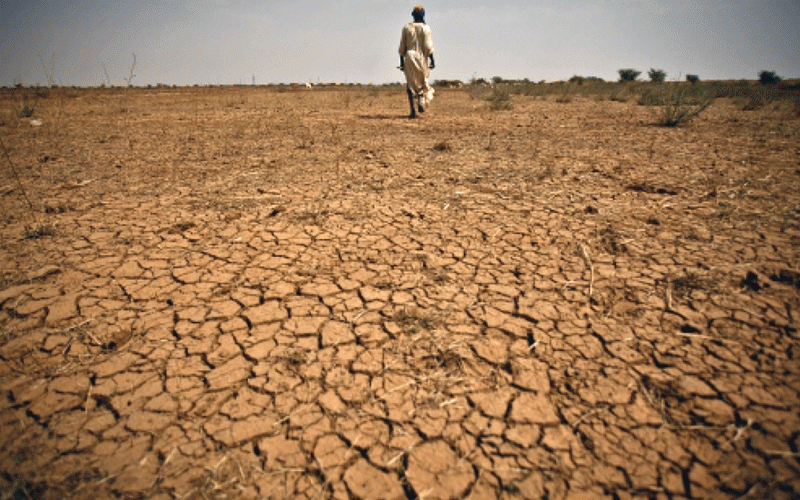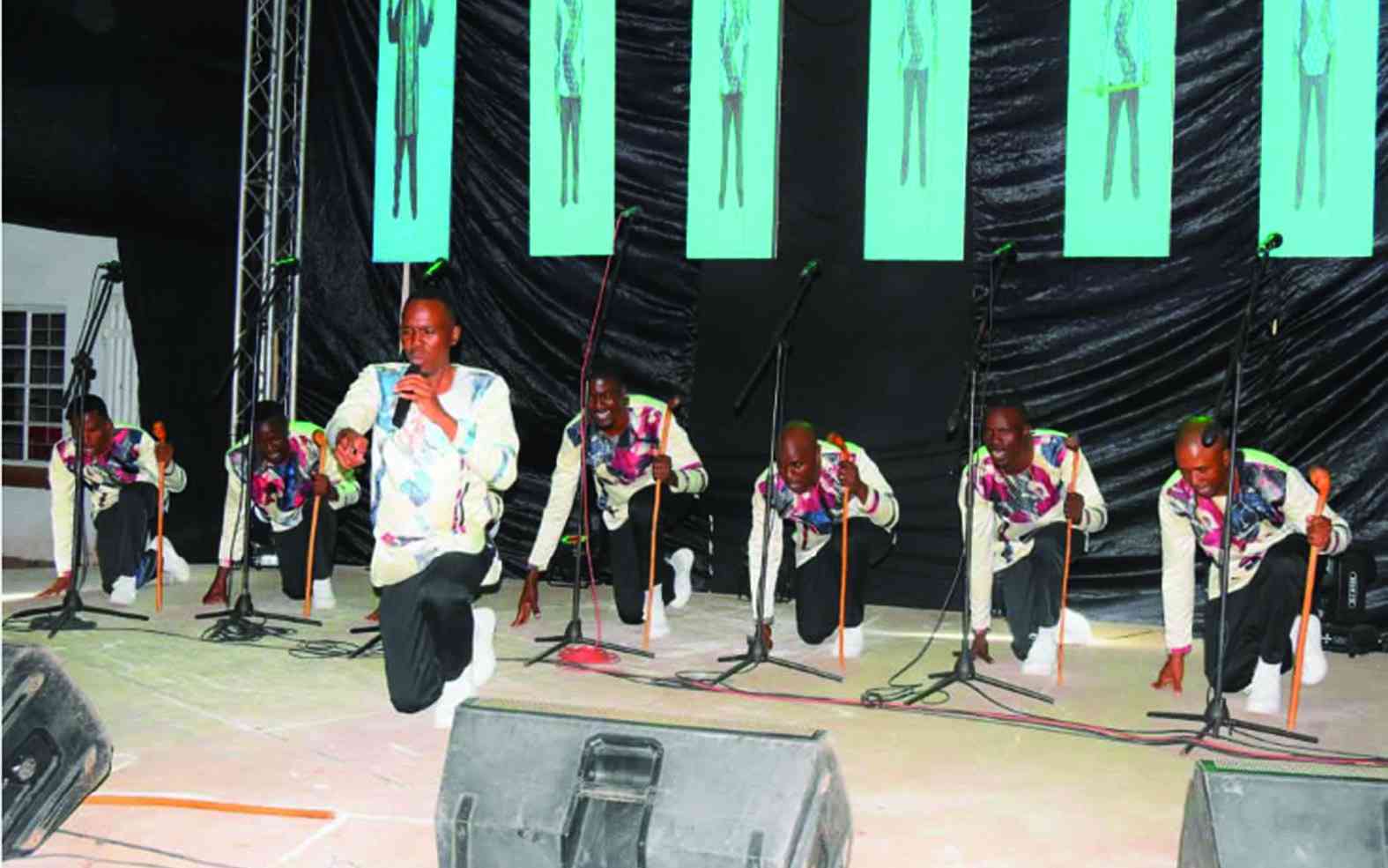
IT may not be quite clear that millions of people in developing countries, who have been negatively affected by climate change are aware of what is impacting on them.
As a result of lack of climate literacy, most of the knowledge on climate change is either assumed, fragmented or forced upon vulnerable communities, which fail to link what is affecting them to the effects of climate change.
Welcome to developing countries, where knowledge is a diktat (unilaterally imposed) and not powerful.
Vulnerability to climate change does not always mean the degree to which a system is susceptible to, or unable to cope with, adverse effects of climate, including climate variability and extremes.
Vulnerability includes lack of knowledge and information, academically and socially exposed and deprived on the ability to interrogate issues on climate change.
This is the situation many developing countries find themselves in, where authorities are more of opinion makers to the extent of thinking on behalf of the marginalised majority.
The topical issue in this discussion is climate migration in developing countries.
Questions arise on whether the massive internal or external movements can be directly linked to climate change impacts, entrenched poverty, both or none.
- Zimbabwean migrants making it big in South Africa
- Zimbabwean migrants making it big in South Africa
- Let sport unite us: ED
- The leading South Africa online Casino guide
Keep Reading
These movements can be described as climate migration or climate mobility.
Climate migration is the movement of people from one place to the other because of negative impacts of climate change.
Climate mobility is the movement of people because storms, cyclones, droughts, floods or sea-level rising, including other impacts related to climate change.
As people move because of cyclones, droughts, floods, rising sea-levels or wildfires, are they aware that these drivers are directly or indirectly linked to climate change?
That knowledge is key as it determines the people’s level of climate competence, initiation and orientation, enough for them to make informed decisions and adapt.
People need to know how climate change is shaping human mobility, especially in developing countries where most knowledge about climate change is dramatised, ill-reported and misrepresented.
A lot needs to be done to put the record straight and tame overnight climate champions in our midst who can hardly define the term climate change despite making all the noise.
Climate mobility is not the only phenomenon linked to climate change.
Even in cases of climate immobility, where people are helpless and hopeless, they have surrendered themselves to fate and cannot go anywhere.
Climate migration needs to be made clear in developing countries and should be differentiated from seeking greener pastures and better livelihoods.
Climate migration should be addressed because of its consequences on livelihoods, impacting upon communities through extreme heat, water scarcities, severe flooding, deforested and degraded landscape, not the voluntary need to seek employment elsewhere.
No matter how much climate experts want to address issues of climate change, it remains difficult for ordinary people to make connections between current migration patterns and the negative impacts of climate change.
It is also significant that the interconnectedness of hazards, stressors and migration patterns in the Global South are sufficiently realised and linked.
When this happens, it will be the beginning of climate wisdom.
It also needs to be established if the cross-border movements in southern Africa can be attributed to climate migration, economic refuge or just seeking greener pastures.
This is because moving from climate vulnerable hotspots is not merely an adaptation strategy, but a survival mechanism which cannot be attributed to climate change.
Regrettably, nations in the Global South have reached a stage where the term climate change is abused
Although migration may be influenced by economic, political, social, individual or household factors affecting livelihoods, it may not be exclusively attributed to climate change.
There is bad governance, human rights abuses, corruption and injustices going on, that have nothing to do with climate change.
In this regard, not everything bad, untoward and inhuman should be linked to climate change.
Yes, climate change is there and it is everywhere, but it should not be what authorities want it to be, especially in the absence of stewardship and good ecological governance.
You cannot strip the country of all its natural resources, degrading landscapes including mountains and rivers and then turn around and say, “look at what climate change is doing”.
Migration, whether climate driven or not, can be either voluntary or involuntary in a bid to escape risks.
Despite the negative impacts of climate change and its related stressors, very few people are willing to talk about population growth and explosion, which is straining environmental resources.
Some African countries prefer to refer to population growth as the right to being productive.
Communities continue to interact with high levels of vulnerability and check where climatic hazards have contributed to climate emergences, causing displacements and migrations.
Only after that can climate mobilities then take place.
Only after frequent climate-induced hazards have resulted in large-scale internal and external migration flows with significant implications on livelihoods, infrastructure, economic development can we safely say climate migration has taken place.
Every movement cannot be attributed to climate change.
When South African experienced the worst floods in history, nicknamed the “Durban Bomb”, where did the South Africans run to?
They remained in their country and did not abuse the term “climate change migration”.
It remains a bone of contention to sufficiently contextualise climate migration issues without abusing the term “climate migration”.
It should not be deliberate and twisted, but should be highly informed with sufficient knowledge and information on climate change literacy.
Peter Makwanya is a climate change communicator. He writes in his personal capacity and can be contacted on: [email protected].










